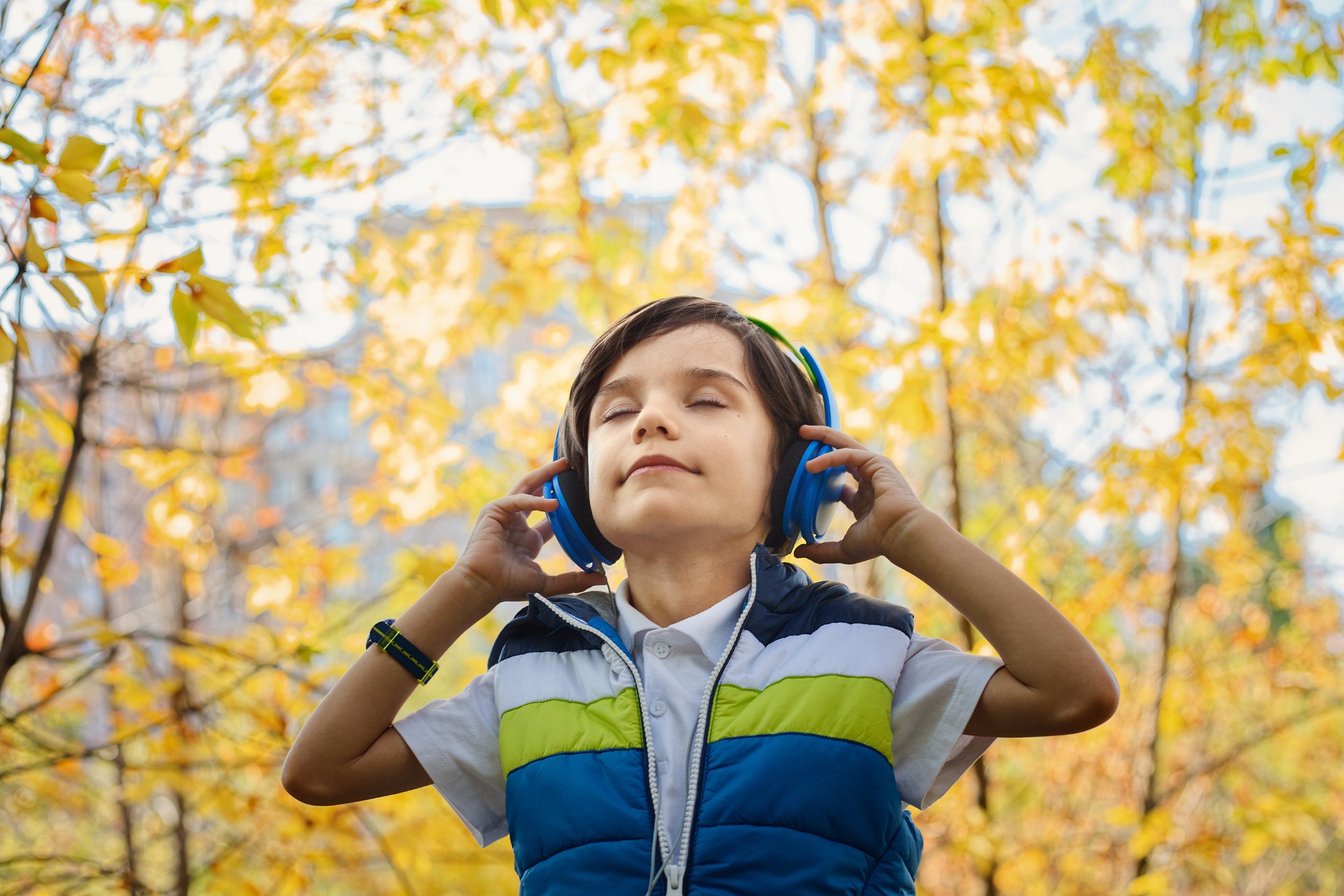
Understanding Hearing Loss in Children: Causes, Symptoms, Treatment, and Prevention
Introduction:
Hearing loss is a common problem that affects people of all ages, including children. It can be caused by a variety of factors, including genetics, infections, and exposure to loud noise. Hearing loss in children can have a significant impact on their language development, social skills, and academic performance. In this article, we will discuss the causes, symptoms, treatment, and prevention of hearing loss in children.
Causes of Hearing Loss in Children:
Genetics: Genetic factors can play a role in hearing loss in children. Inherited hearing loss can be caused by mutations in genes that affect the development or function of the inner ear.
Infections: Ear infections, meningitis, and other infections can damage the structures of the inner ear and cause hearing loss in children.
Noise Exposure: Exposure to loud noise, such as music, fireworks, and machinery, can damage the delicate structures of the inner ear and cause hearing loss.
Injury: Head injuries can damage the inner ear and cause hearing loss in children.
Symptoms of Hearing Loss in Children:
Difficulty understanding speech or following instructions.
Delayed speech and language development.
Turning up the volume on the TV or radio.
Not responding to sounds or voices.
Speaking loudly or shouting.
Asking for repetition or clarification.
Avoiding social situations or playing alone.
Poor academic performance.
Treatment of Hearing Loss in Children:
Hearing Aids: Hearing aids can amplify sound and improve hearing in children with mild to moderate hearing loss.
Cochlear Implants: Cochlear implants are devices that are surgically implanted into the inner ear and can provide hearing for children with severe to profound hearing loss.
Speech and Language Therapy: Speech and language therapy can help children with hearing loss develop communication skills.
Prevention of Hearing Loss in Children:
Avoid exposure to loud noise.
Use ear protection, such as earplugs or earmuffs, in noisy environments.
Keep volume levels low on electronic devices.
Immunize your child against infections that can cause hearing loss.
Get regular hearing screenings for your child.
FAQs:
Q. How common is hearing loss in children?
A. Hearing loss affects approximately 1-3 per 1000 newborns and can occur at any age.
Q. Can hearing loss in children be cured?
A. The treatment for hearing loss in children depends on the cause and severity of the hearing loss. In some cases, hearing aids or cochlear implants can improve hearing, while in other cases, the hearing loss may be permanent.
Q. Can hearing loss in children affect their development?
A. Yes, hearing loss in children can affect their speech and language development, social skills, and academic performance.
Conclusion:
Hearing loss in children can have a significant impact on their quality of life. As a parent, it is important to recognize the signs of hearing loss in your child and take steps to protect their hearing. By understanding the causes, symptoms, treatment, and prevention of hearing loss in children, you can help your child lead a healthy and fulfilling life.
